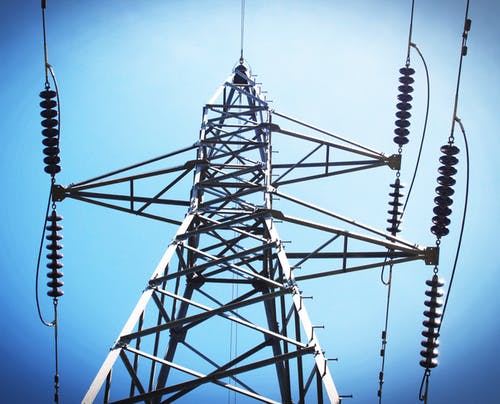FERC to Reconsider State Opt-Out Provision for Demand Response in Wholesale Markets

The Federal Energy Regulatory Commission has announced that it will reexamine whether demand response participation in wholesale energy markets as a component of distributed energy resource, or DER, aggregations should be subject to state opt-out rules. The move sets aside the agency’s determination in Order No. 2222-A, issued in March, that the opt-out provision does not apply to demand response resources that are part of heterogeneous aggregations. That provision allows states to prohibit aggregations of retail customers from participating in demand response in the wholesale markets. FERC Orders 719 and 719-A, which opened wholesale markets to demand response more than a decade ago, included the opt-out provision for states.
In Order 2222, issued in September 2020, the commission directed regional grid operators to revise their tariffs to allow DER aggregators to participate in wholesale energy markets. The March order clarifies that all heterogeneous aggregators have access to wholesale markets, including those that have a demand response component. The order said that the opt-out will continue to apply to aggregations made up solely of resources that participate as demand response resources. The commission also issued a notice of inquiry seeking input on whether to remove the demand response opt-out.
The latest order – Order 2222-B – concludes that extending the opt-out to demand response resources that seek to participate in heterogeneous DER aggregations would undermine the ability of aggregations to utilize the operational attributes and complementary capabilities of the diverse participating resources. The commission also clarified that the small utility opt-in adopted in Order No. 2222 continues to apply to DER aggregations, including those containing demand response resources.
FERC Commissioners James Danly and Mark Christie dissented from Order 2222-A issued in March. Commissioner Danly noted that the order “unnecessarily invades an area best left to the states.” Commissioner Christie said that the order and its predecessor “intentionally seize from the states and other authorities their historic authority to balance the competing interests of deploying new technologies while maintaining grid reliability and protecting consumers from unaffordable costs.”
The National Association of Regulatory Utility Commissioners, in a request for rehearing of the March order, noted that “the opt out would have provided the flexibility states need to manage the energy transition at their own pace,” but FERC’s move is “taking away authority from states that employed the Order No. 719 opt out and built a legal framework for that regulatory scheme.”
To ensure adequate opportunity for comment in response to its notice of inquiry, the commission extended the deadline to July 23 for initial comments and Aug. 23 for reply comments.
EnerKnol Pulses like this one are powered by the EnerKnol Platform—the first comprehensive database for real-time energy policy tracking. Sign up for a free trial below for access to key regulatory data and deep industry insights across the energy spectrum.
ACCESS FREE TRIAL